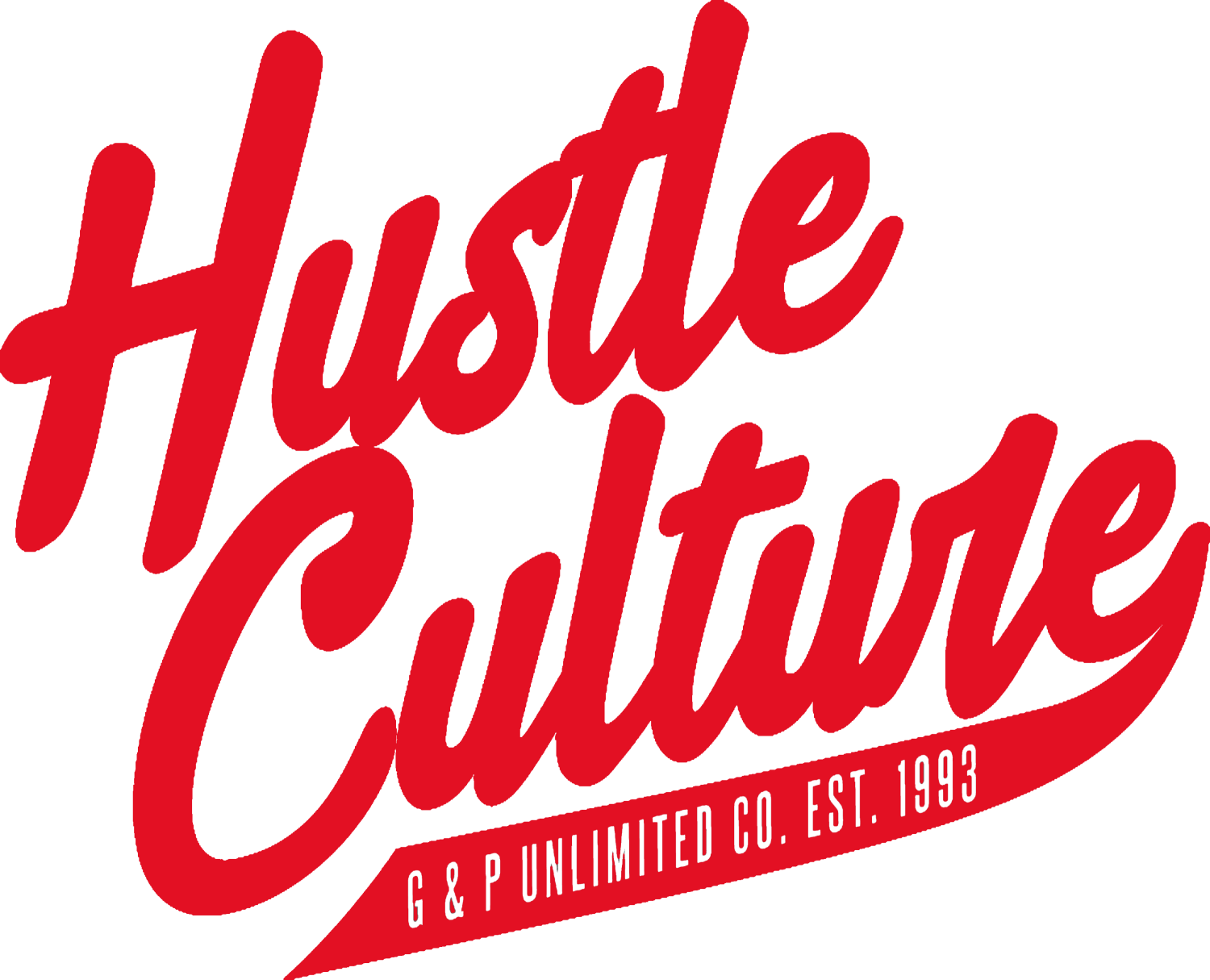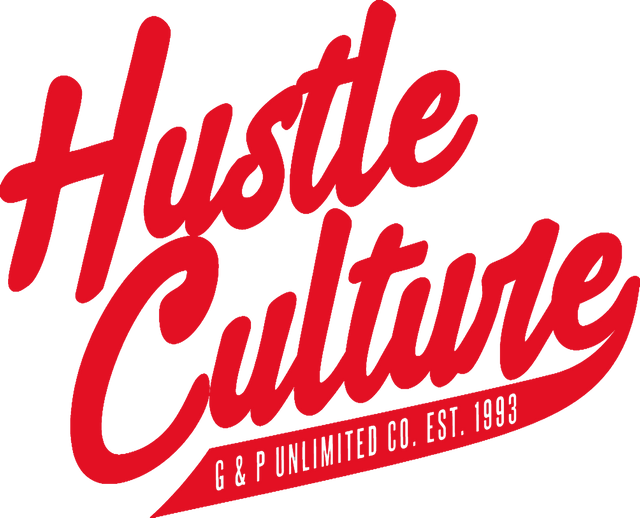Redefining Hustle: Balancing Work Ethic & Personal Growth
Embracing the New Era of Hustle: Redefining Personal and Professional Development

Explore the evolving concept of hustle in today's fast-paced world. Understand how the changing definition of hustle impacts personal and professional growth, especially among millennials and Gen Z. Learn about the balance between relentless work ethic and personal fulfillment in the modern era of hustle culture.
Introduction: The Evolution of Hustle
- Historical Context: Once a term for urgent action, 'hustle' has transformed over the decades.
- Modern Interpretation: Today, hustle is about using individual uniqueness to find personal success and not merely imitating others' paths.
Understanding Hustle Culture
- Definition: Hustle culture represents a relentless work ethic, often extending beyond traditional workspaces.
- Lifestyle Choice: It's a philosophy where continuous work and idea generation are valued, often at the expense of personal time.
Hustle Culture Co. and Personal Development
- Productivity Focus: The primary benefit of hustle culture is its emphasis on getting things done efficiently.
- Beyond Monetary Rewards: Modern workers, particularly millennials and Gen Z, seek fulfillment and skill development over just financial gain.
The New Professional Landscape
- Career Development: Young professionals are constantly seeking opportunities for growth, even if it means leaving a job or organization.
- Professionalism in Transition: Maintaining professionalism, especially when transitioning between roles, is crucial for long-term success and reputation.
Conclusion: Balancing Hustle with Well-being
- Mindful Hustling: While embracing the hustle culture, it's important to balance ambition with personal well-being.
- Future of Work: The new wave of hustle culture is not just about relentless work; it's about finding purpose, fulfillment, and balance in both personal and professional spheres.


